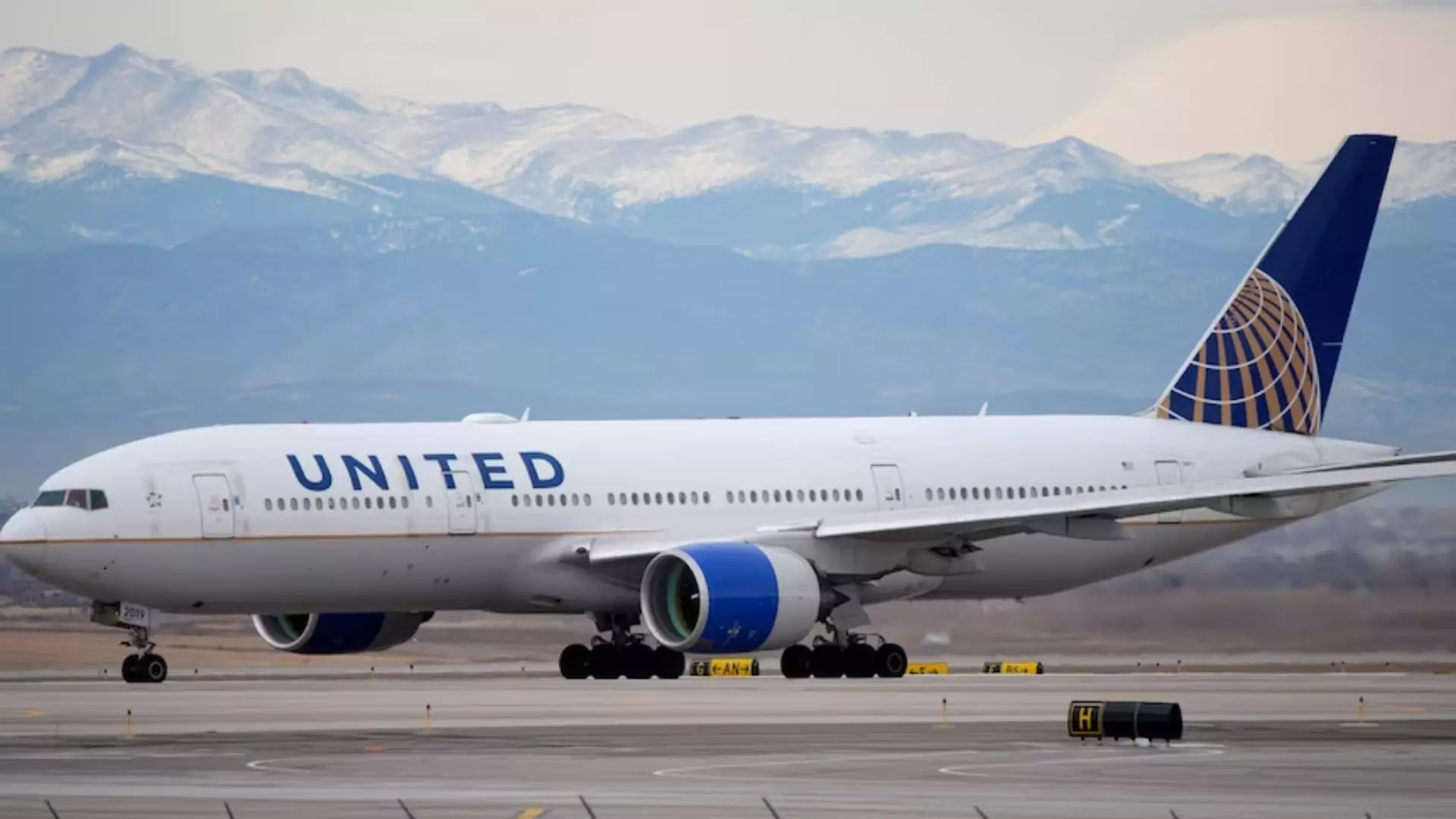Boeing, South Korea Plane Crash, Jeju Air, Boeing 737,
Boeing issued a statement following the crash of one of its 737-800 aircraft in South Korea on Sunday, an incident that tragically claimed the lives of at least 127 people.
In a post shared on X (formerly Twitter), the aircraft manufacturer expressed its condolences and pledged support to Jeju Air, the airline operating the flight.
“We extend our deepest condolences to the families who lost loved ones, and our thoughts remain with the passengers and crew,” Boeing stated.
Context and Significance
This tragedy adds to a series of incidents involving Boeing planes that have raised questions about safety and manufacturing quality. Among these was a high-profile mid-air door plug failure on an Alaska Airlines flight in January 2024, which triggered regulatory investigations.
Boeing has faced increased scrutiny throughout the year due to a series of alarming incidents. These include a tire detachment during takeoff, a fluid leak prompting an emergency return, an engine fire, landing gear failures, and a malfunctioning rudder pedal. Each event has added to public apprehension about the safety of Boeing’s aircraft.
Adding to the concerns, a Boeing engineer who had previously raised alarms about quality control issues in the production of 787 and 737 MAX aircraft passed away earlier this week in what is suspected to be a suicide.
Incidents Beyond Control Of Boeing
While the focus has been on Boeing, not all issues can be directly attributed to the manufacturer. Many incidents were linked to operational or maintenance errors rather than manufacturing defects. For example:
- A United Airlines 777 en route to Japan lost a tire during takeoff, which was determined to be a maintenance-related issue.
- A United Airlines flight departing from Sydney to Los Angeles had to return due to a fluid leak.
- A United Airlines 737-900 experienced an engine disruption caused by plastic debris in the engine.
- A United Airlines 737 MAX suffered a landing gear collapse, potentially linked to pilot error.
- A United Airlines 737-8 reported stuck rudder pedals during landing.
These occurrences highlight the shared responsibility between manufacturers, airlines, and maintenance teams in ensuring flight safety.
Boeing Manufacturing Quality Under Scrutiny
The January door plug failure on an Alaska Airlines flight has particularly spotlighted Boeing’s manufacturing processes. Investigators found that the bolts securing the plug were improperly installed by subcontractor Spirit AeroSystems, a company Boeing is in the process of acquiring to enhance quality oversight.
Spirit AeroSystems, which also supplies parts to Airbus, has come under scrutiny for its role in recent issues. Boeing’s reliance on subcontractors is part of a broader strategy that critics argue prioritizes cost-cutting over engineering excellence.
A Safer Future Ahead?
Despite recent challenges, air travel remains one of the safest modes of transportation, and Boeing planes continue to play a critical role in global aviation. The financial and reputational damage suffered by Boeing is expected to drive significant improvements in quality control and operational practices.
As industry stakeholders work to address these issues, passengers can remain confident in the overall safety of modern air travel.
Also Read: South Korea Plane Crash: 82 Killed, Know What Led To The Disaster
















